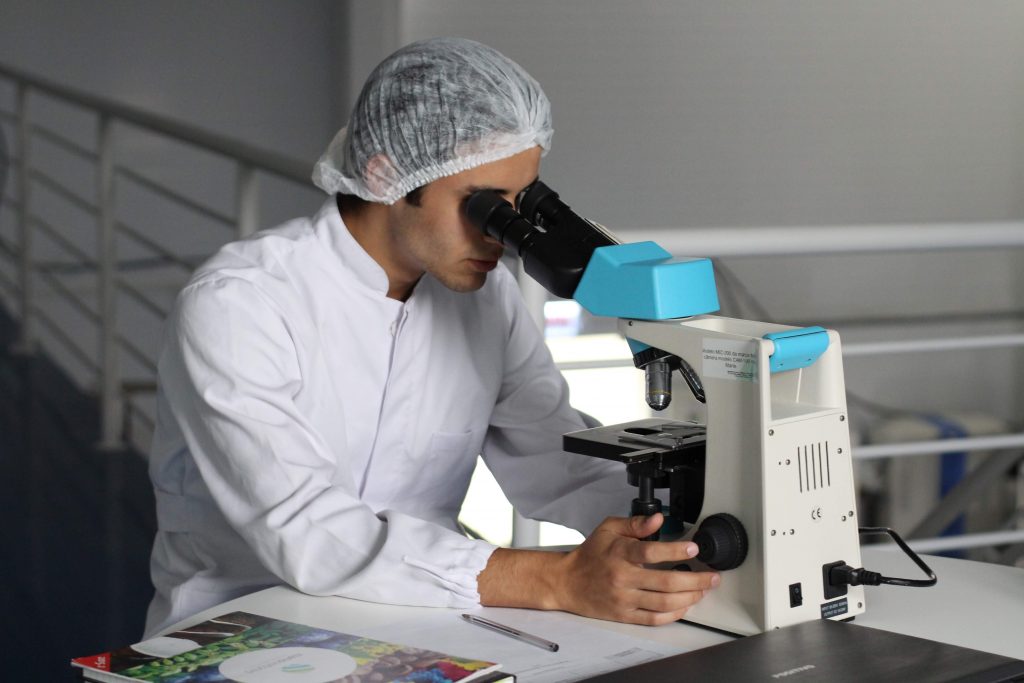The professional body representing laboratory staff, the Institute of Biomedical Science (IBMS), has expressed concerns over the plans – revealed to trade unions by Dido Harding – for the first of a network of new mega laboratories, in Leamington Spa, to be contracted out to Medacs, a private recruitment agency.
IBMS president Allan Hall told The Lowdown:
“There is a significant risk that employing 2000 staff at this stage could destabilise the existing NHS and private laboratories currently providing a diagnostic service to the acute and primary care service. We are all “fishing in the same pond” as we try and increase capacity for COVID testing to meet clinical demand.
“We have evidence that recruitment agencies working for the Lighthouse labs have been directly approaching Biomedical Scientists working in the NHS to offer them enhanced salaries to tempt them to leave the NHS.
“It is a concern that instead of working with the professional bodies and the existing pathology community to explore how these new mass testing labs could be staffed and run as extensions of the existing pathology labs, the government has chosen to engage with a recruitment agency with no pathology experience.”
Asked whether it seemed likely that the new mega-lab, unlike the Lighthouse Laboratories, which were set up in parallel with the existing NHS laboratories, would be properly accredited and regulated, Allan Hall replied:
“It is difficult to predict at this stage. There is a glimmer of hope as a meeting took place this month between the IBMS CEO, deputy CEO and representatives from Deloitte who are also closely involved in getting the new mega-labs up and running.
“For the first time they were asking about staffing levels and HCPC registration and expressed the desire that the new labs should attain IBMS training lab approval, but were advised this was unlikely to be achievable in the short to medium term.
“It is vital that these labs have an appropriate skill mix and include significant numbers of HCPC registered Biomedical and Clinical Scientists. We would not allow unregistered staff to run care in clinical settings such as medicine, nursing or radiography – why are labs being viewed as “different”?
“We have professional registration in place for a reason – to protect the public.”
Following the Department’s failure to communicate with the IBMS over the Lighthouse labs there had been some signs of a change of attitude:
“We now have monthly meetings with NHSE/I and have a clearer idea of the testing strategy and the role of the Lighthouse labs – we had a meeting last month with Lord Bethel and Dame Anna Dominiczak who is the lead for the Lighthouse labs. I also visited the Glasgow Lighthouse lab at the beginning of the month.
“My main concern is that Mr Hancock sees the future role of the Lighthouse labs as a part of the NHS diagnostic capacity. The Lighthouse labs are designed to industrialise a single test and not a flexible, complex multi-facetted pathology service.
“We have a high quality diagnostic pathology service in the NHS – it is difficult to see at this stage what the Lighthouse labs can offer once the need for COVID testing has declined.”
Dear Reader,
If you like our content please support our campaigning journalism to protect health care for all.
Our goal is to inform people, hold our politicians to account and help to build change through evidence based ideas.
Everyone should have access to comprehensive healthcare, but our NHS needs support. You can help us to continue to counter bad policy, battle neglect of the NHS and correct dangerous mis-infomation.
Supporters of the NHS are crucial in sustaining our health service and with your help we will be able to engage more people in securing its future.
Please donate to help support our campaigning NHS research and journalism.


